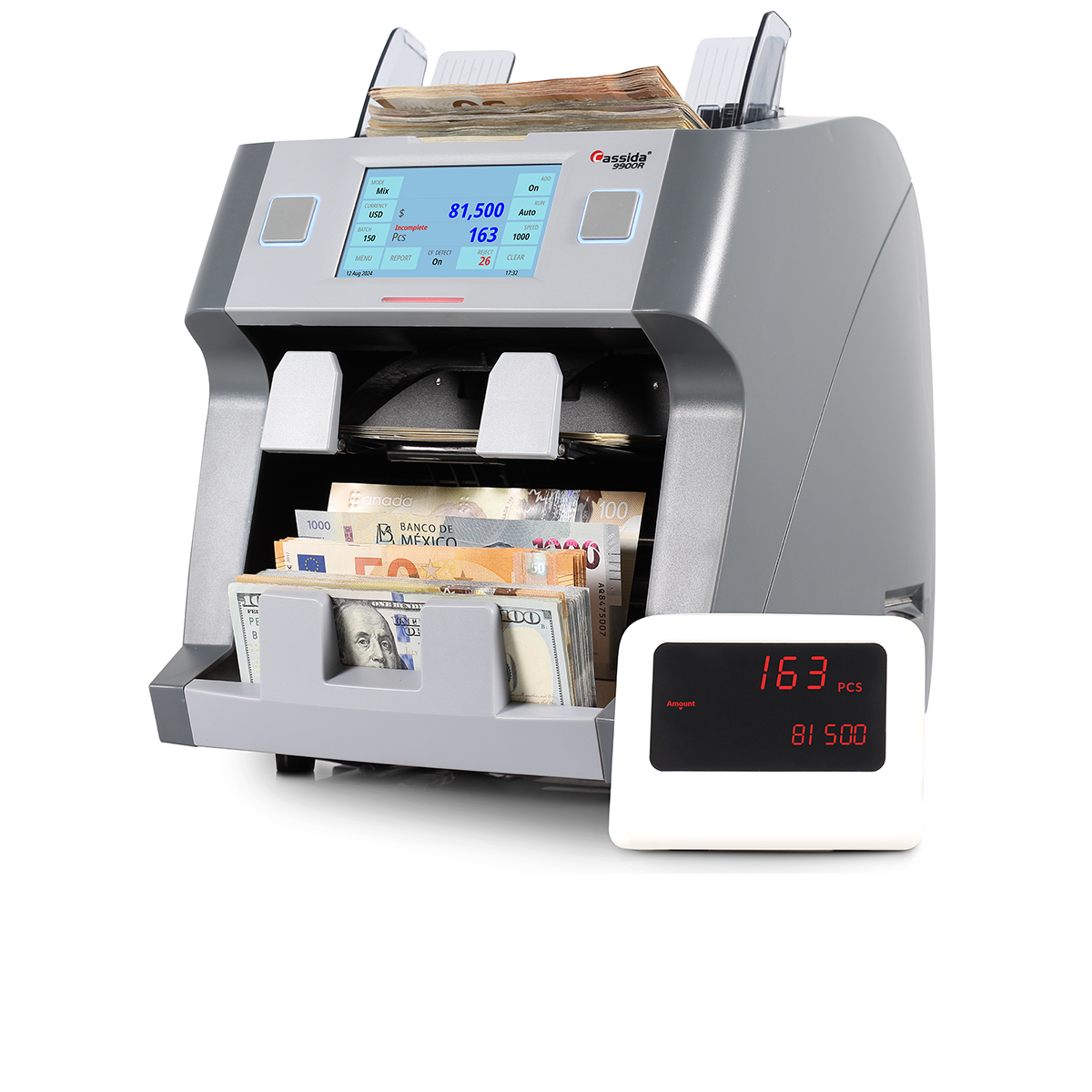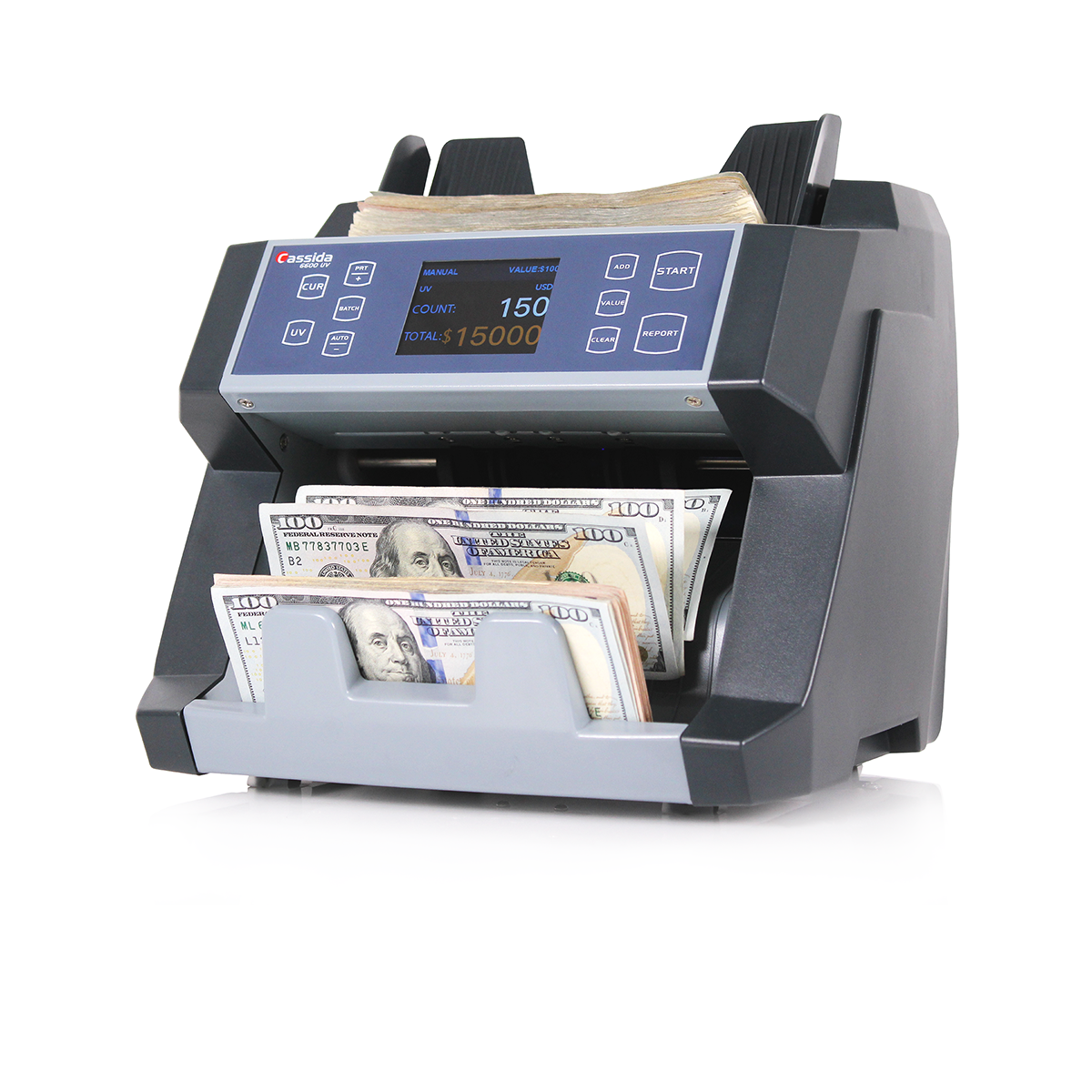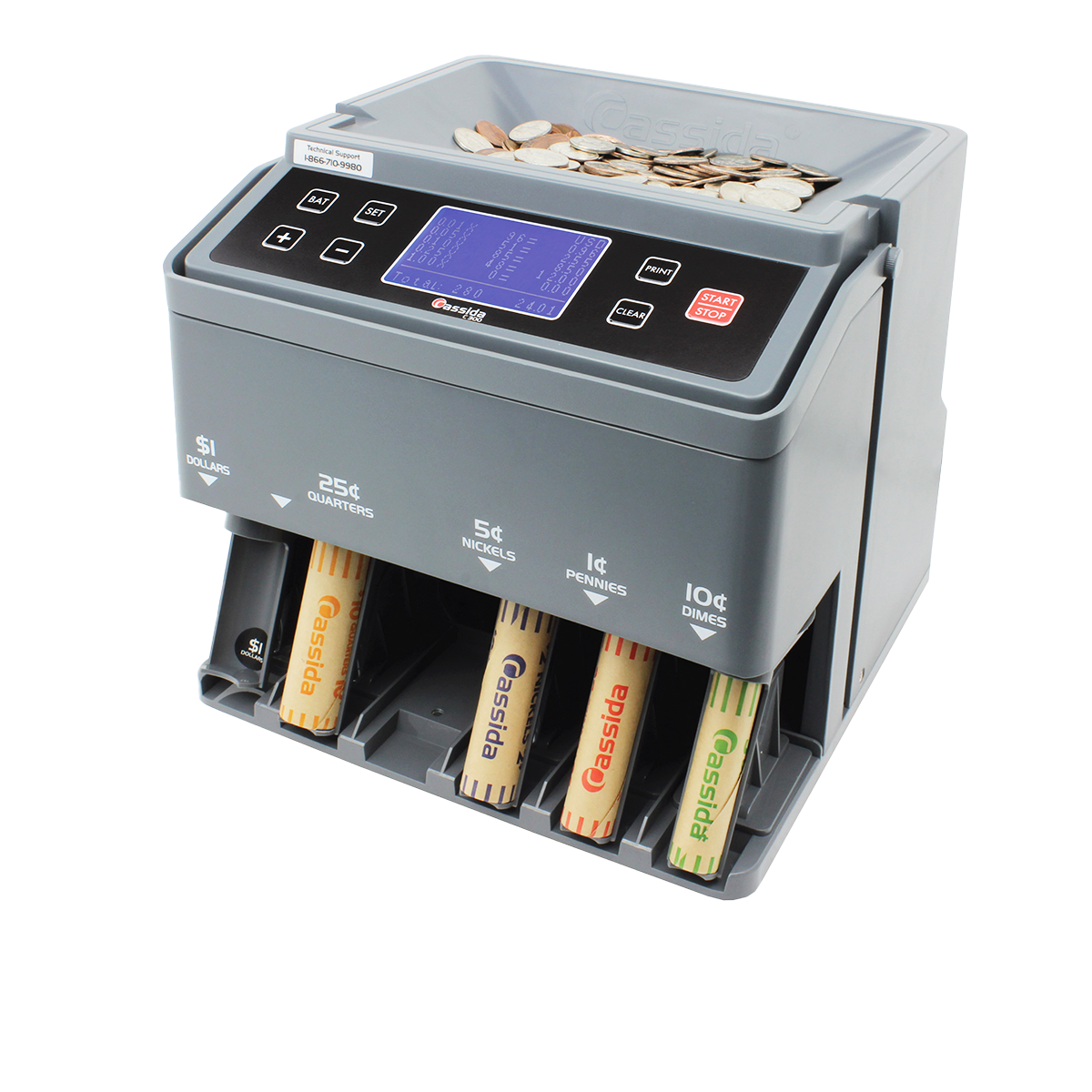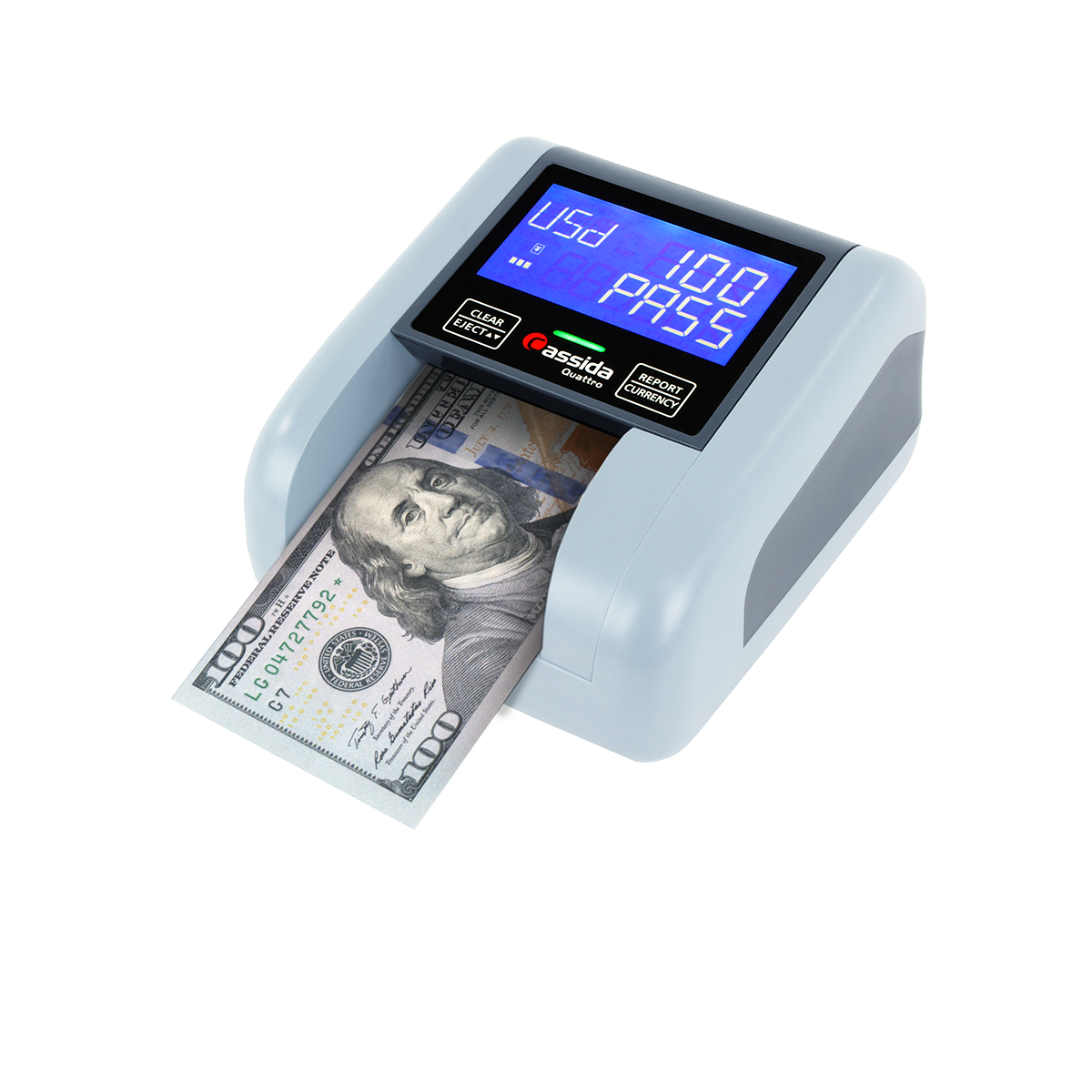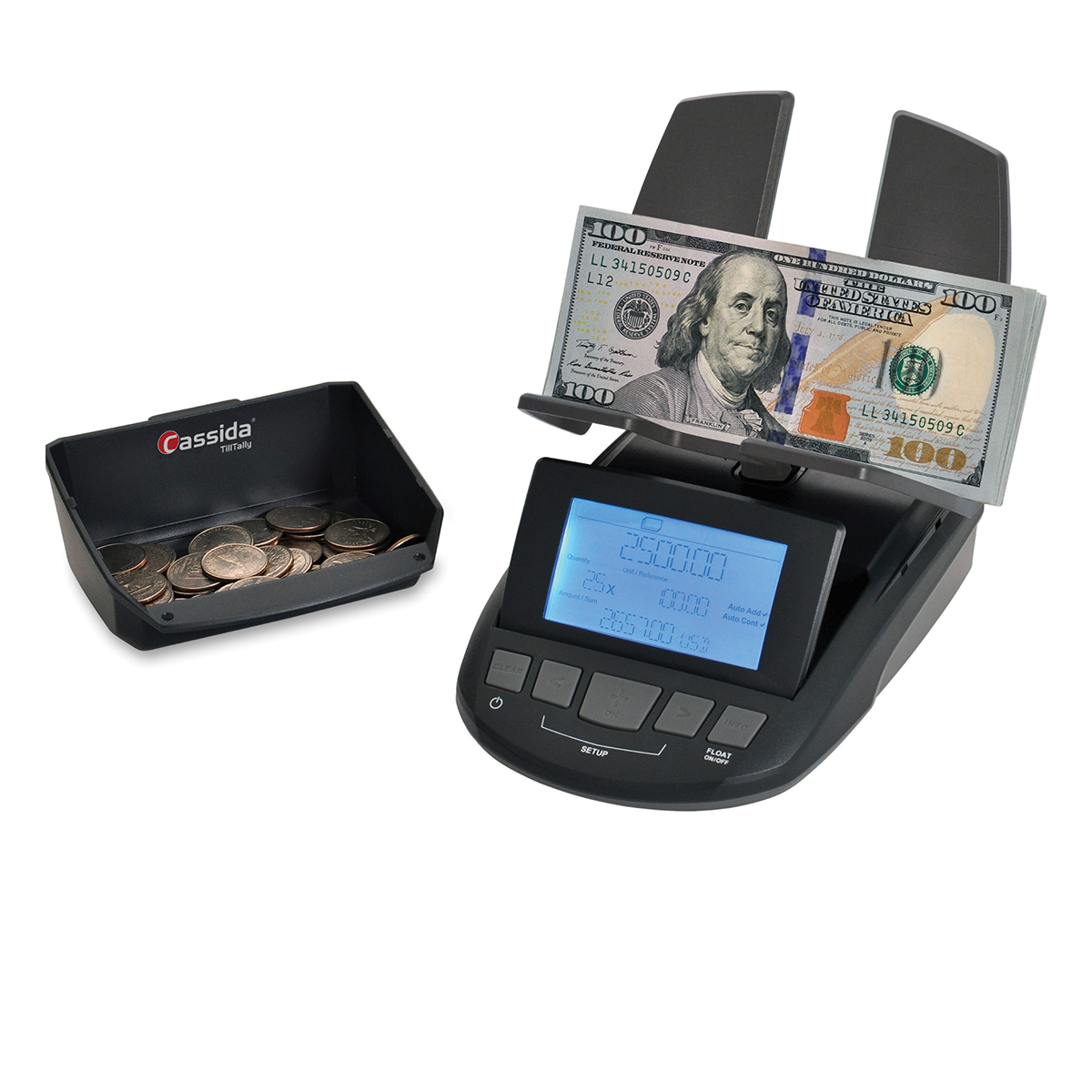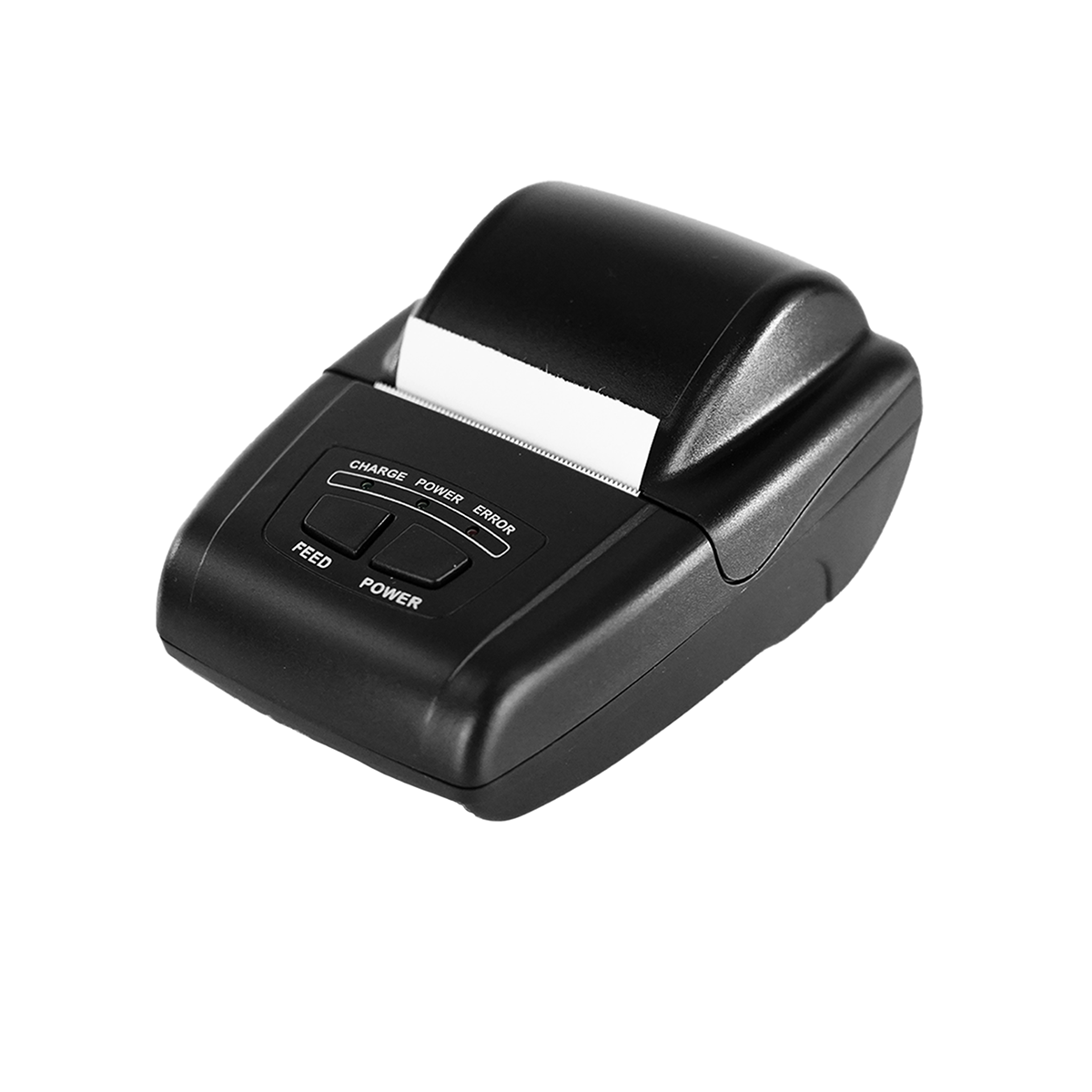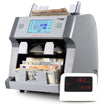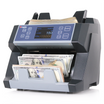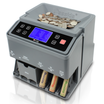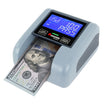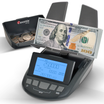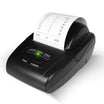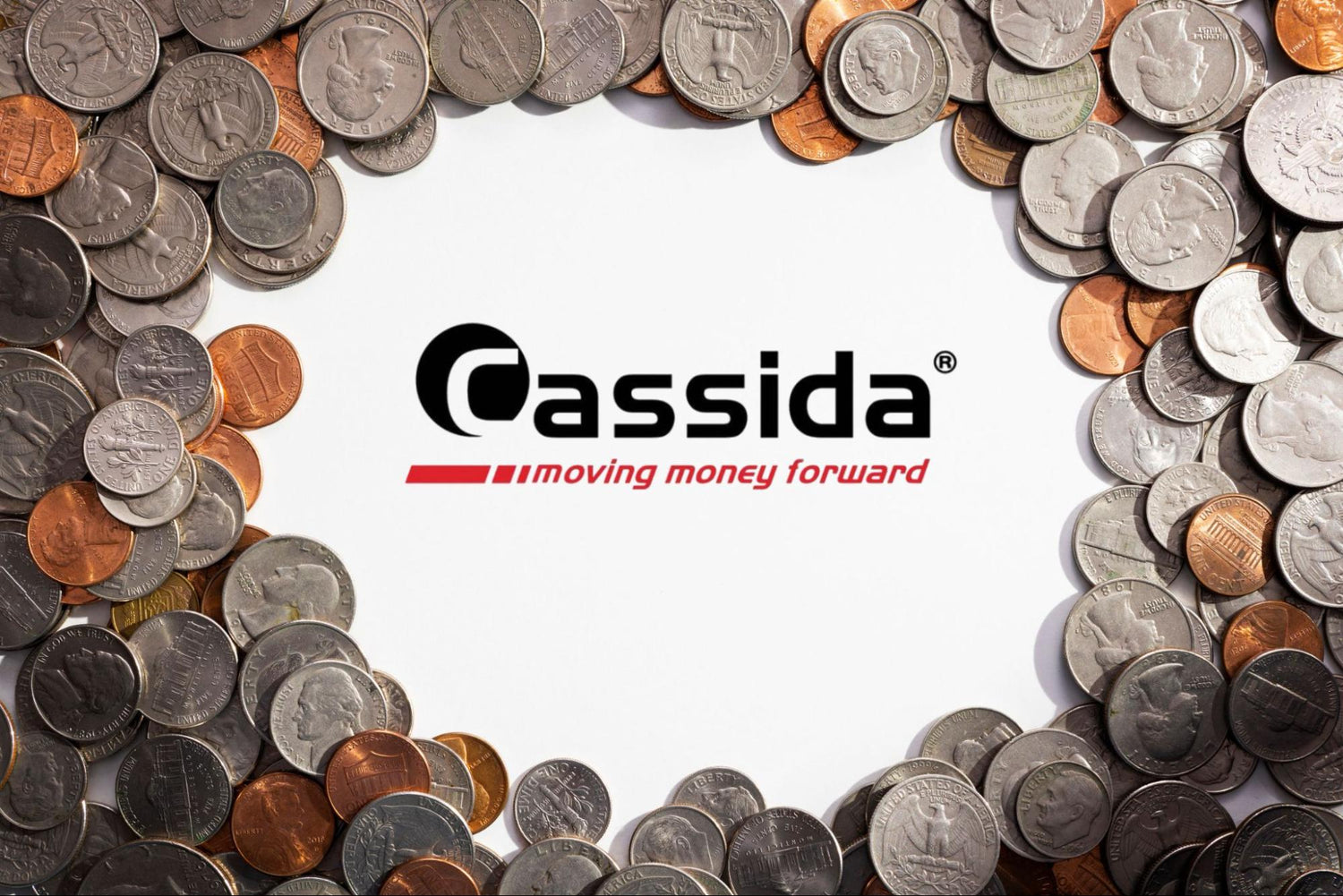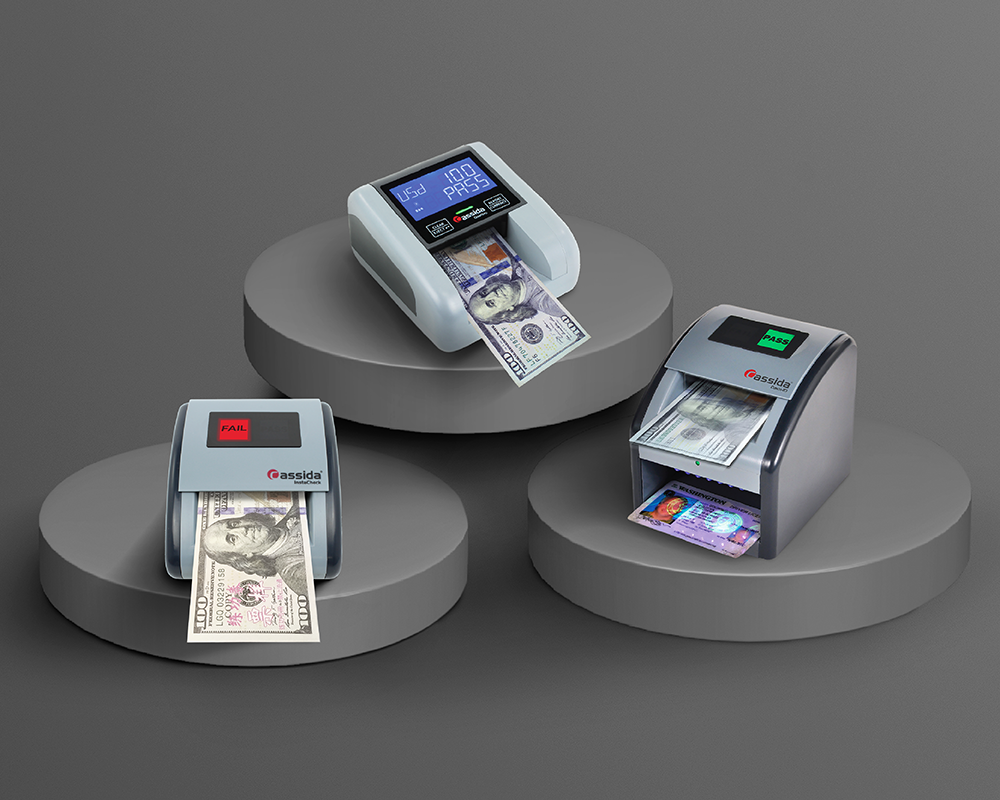A coin counter, also called a coin sorting machine, is a specialized device designed to automatically count and sort coins. It is often an electronic product that helps sort and tally coins of varying value with precision and efficiency. Commonly used by banks, small businesses, retailers, and even individuals who need a fast way to count large quantities of various coins.
Many modern coin counters feature functions such as total value display, coin batching, and counterfeit coin detection. Whether it’s a compact quarter coin counter or a full coin and bill counter, the goal is the same: to make coin processing faster, easier, and more accurate.
How Does a Coin Counter Work?
Most coin-counting machines follow a similar basic process, combining mechanical sorting with electronic sensors to deliver fast and reliable results.
- Input Coins
The user pours a batch of mixed coins into the machine’s hopper.
- Sorting
The coins move through the machine and are sorted mechanically into different classes depending on the size and diameter of the opening or channels available. Coins are put in various types of bins or tubes, ranging from pennies , nickels bins or tubes, dimes , and lastly quarters.
- Counting
When they have been sorted, the coins are passed through electronic coin counting sensors that count the coins when they fall into the right bins.
- Display Totals
The total count of the coins is electronically counted and shown on an LCD or a LED display for the user. The Cassida C300 offers a printout of the totals in coins when paired with the Cassida Universal Cash Handling Thermal Printer.
- Collect Coins
Finally, the user takes the coins out of the bins once counting is done.
Features of Coin Counters
Along with sorting and counting, some coin counters also have additional useful features to enhance usability and performance such as:
Total Value Calculation – Instantly calculates the dollar value of all coins processed.
Batching Options – Allows users to set coin quantity limits for wrapping or bank deposits.
Counterfeit Coin Detection – Some models can detect coins that don’t match known U.S. denominations.
Portability – Lightweight options make it easy to transport your money counting machine between locations.
Data Tracking – Certain models store a history of past coin counts for reporting and reconciliation purposes.
These advanced features make coin and currency counters an essential tool for organizations that manage high volumes of coins daily.
In conclusion
A coin counter simplifies cash handling by combining mechanical sorting with electronic sensors to sort, identify, and count large amounts of coins reducing errors and, saving time in cash handling.Whether you're a small business owner or part of a financial institution, investing in a reliable coin and bill counter can significantly improve workflow and reduce labor costs.
Check Out Our Collection of Cassida Coin Counters:
Cassida C100 – Compact and efficient for basic coin counting
Cassida C200 – Ideal for small businesses needing count + value display
Cassida C300 – Displays totals and supports optional printouts for tracking
Cassida C500 – High-speed counter for pre-sorted coins (not a sorter)
Cassida C850 – Heavy-duty machine for counting large volumes of single-denomination coins


